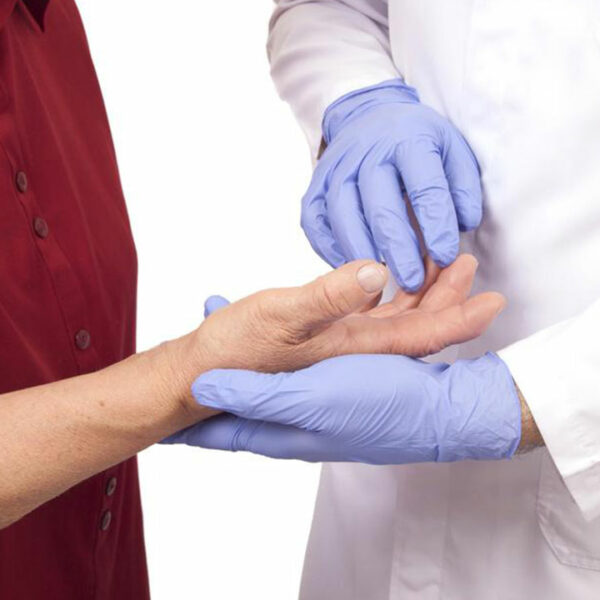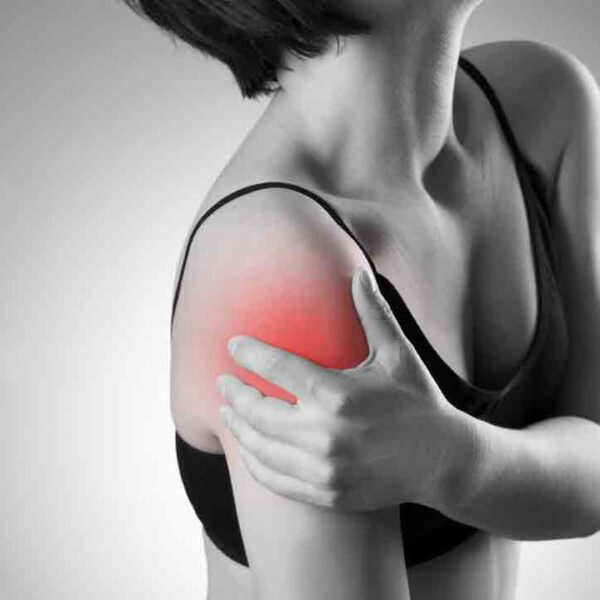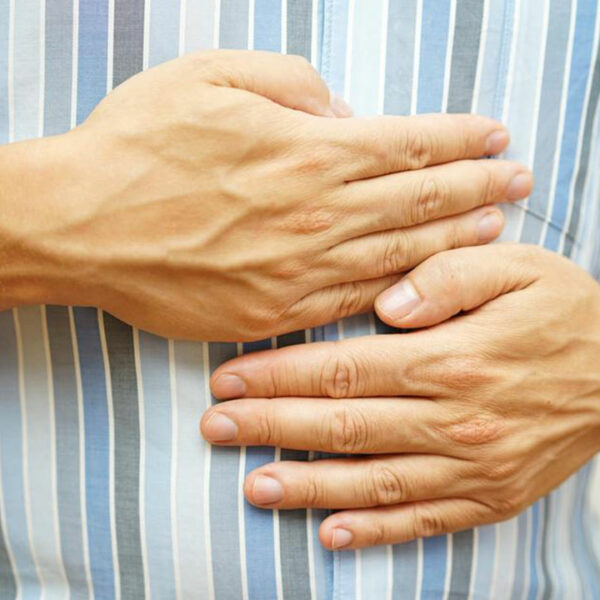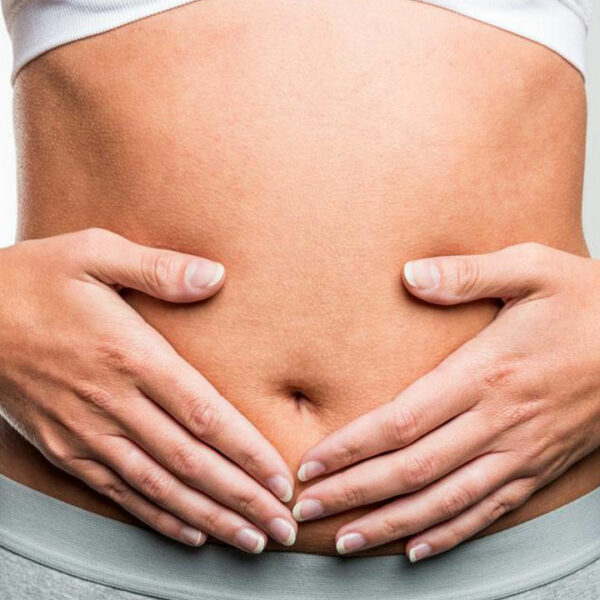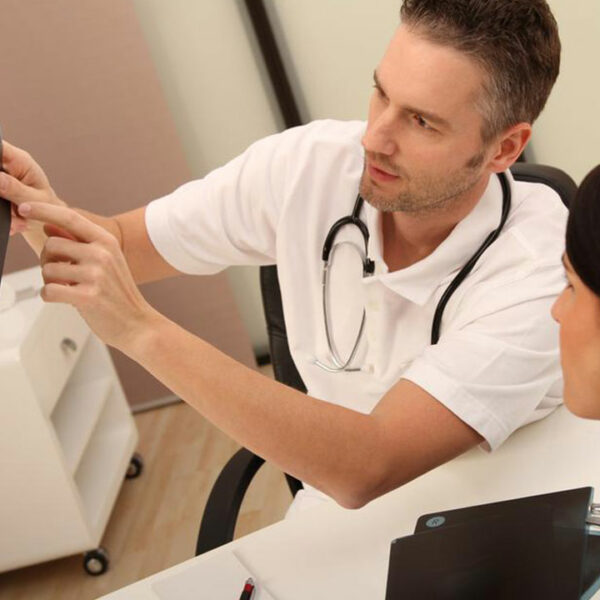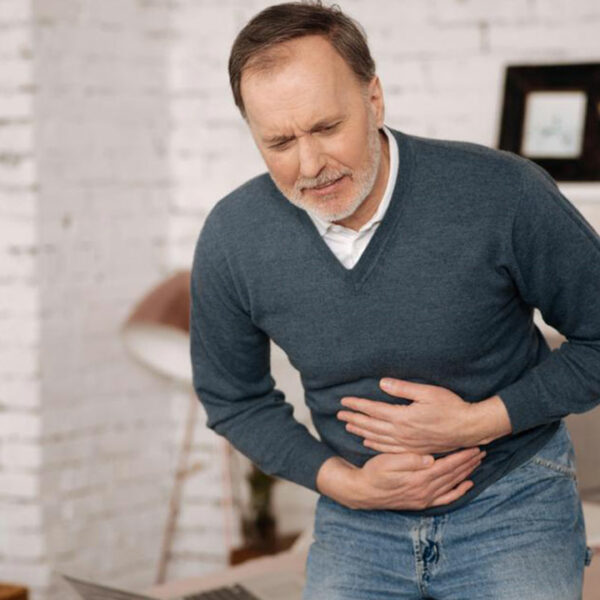
How to Treat Chronic Diarrhea Effectively
Each one of us is aware of the stomach condition of diarrhea. It is a sudden urge to pass stool which might be accompanied by severe cramps. This issue, if persists for longer than two weeks, is termed as chronic diarrhea. This could mean an increasingly annoying experience that interferes with your daily routine to a considerable extent. In the case of a person with a weak immune system, it could be life threatening as well. Causes of chronic diarrhea Chronic diarrhea can result from a broad variety of problems. The most common of these include IBS that is irritable bowel syndrome, inflammatory bowel diseases like ulcerative colitis and Crohn’s disease. The condition can also be caused by malabsorption syndromes, a condition where food cannot be absorbed and digested. Chronic infections are another possible reason that may cause this condition. Foods to eat: While it might sound contradictory to eat while you have diarrhea, eating certain foods can help relieve your diarrhea pain and secure your health from further worsening caused due to extended periods of starvation. It is prescribed to stick to foods that are low in fiber as it will help firm up your stool. These low-fiber foods include white rice, bananas, toast, and applesauce.


